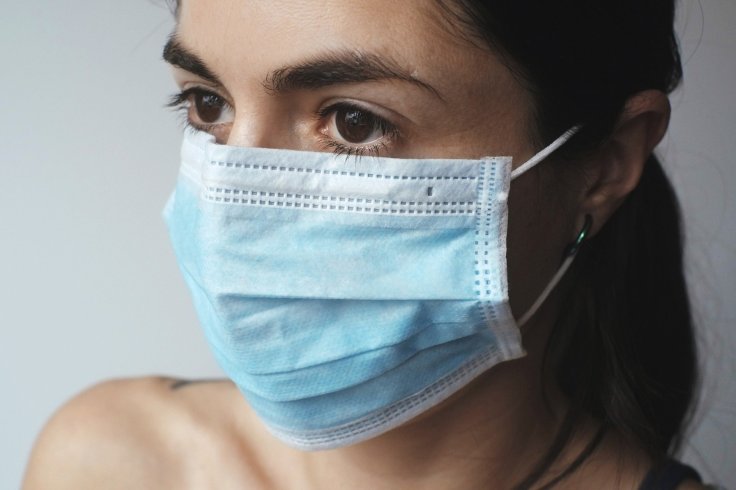Shortage of workers has landed world's biggest medical glove maker Top Glove Corp Bhd in crisis. The company is struggling to meet the growing demand of medical gloves as countries are running short of protective gear to fight the coronavirus pandemic. The Malaysian glove maker, reportedly, said that it urgently needs to recruit hundreds of workers as orders continue to multiply.
Healthcare workers across the world are struggling to treat coronavirus patients due to a dearth of protective gear, which has further worsened the situation. Not only gloves, there has been an acute shortage of other healthcare equipment and protective gears like face masks, hand sanitizers gowns, head caps and ventilators, which has made work even more difficult for healthcare workers treating coronavirus patients. This has seen a number of other companies drifting from their core business to help produce medical equipment and protective gear.
Medical gloves see a shortage

Malaysia's Top Glove Corp Bhd on Wednesday told Reuters that it has an urgent requirement for at least 700 works to boost its glove medical production, as orders have more than doubled in the past few weeks owing to the coronavirus outbreak. The company said that it won't be able to meet the increased demand for medical gloves, as it has been struggling to recruit workers.
The recruitment has been hampered because of travel restrictions following the coronavirus outbreak, which has made it difficult to fly in workers from other countries. Top Glove Corp Bhd primarily recruits from Nepal, its main source of labor. The medical glove maker has around 18,000 employees and has 44 manufacturing facilities in three countries, with an annual capacity to produce 73.8 billion gloves a year. Malaysia, however, depends on labors from South Asian countries.
Protective gear shortage cripples hospitals

Not only medical gloves, the fast-spreading coronavirus has made the entire world struggle for protective gear including face masks, gowns, head gear and even ventilators and hand sanitizers. Most manufactures says that the challenges to ramping up production include export and import restrictions because of the pandemic and the ongoing lockdown.
A day earlier, British chemical company Ineos said that it will build a third hand sanitizer plant in France in 10 days in a bid to meet the help Europe cope with the shortage. The company had said a week earlier that it will build two hand sanitizer factories in the UK and Germany to supply hospitals, schools, places of work, pharmacies and supermarkets to fight the deadly coronavirus.
General Motors too has come forward to fight coronavirus and is already on track to make face masks. The carmaker is likely start making masks from next week and by April 8 will roll out the first 20,000 face masks. Also Under Armour, on Tuesday, said that it will start making face masks to make up for the shortage.
GM is also working with medical device maker Ventec Life Systems to make lifesaving ventilators at GM's plant in Kokomo, Indiana. Besides, other carmakers like Ford, Nissan and Tesla too are racing to make ventilators to make up for the shortage. So far most automakers have said that they are teaming up with existing ventilators manufacturers and helping in ramping up production. The World Health Organisation recently said that the US alone will require 3.5 billion face masks over the year to fight the coronavirus pandemic.








